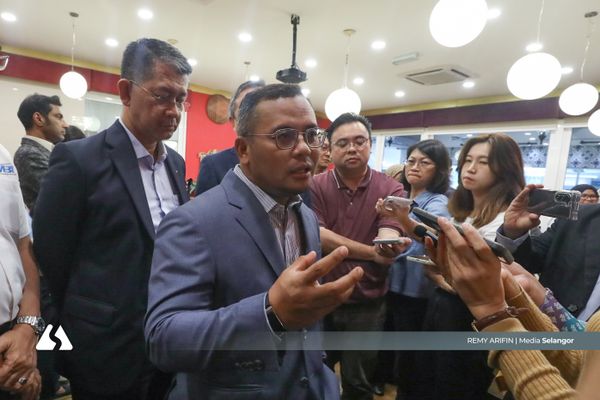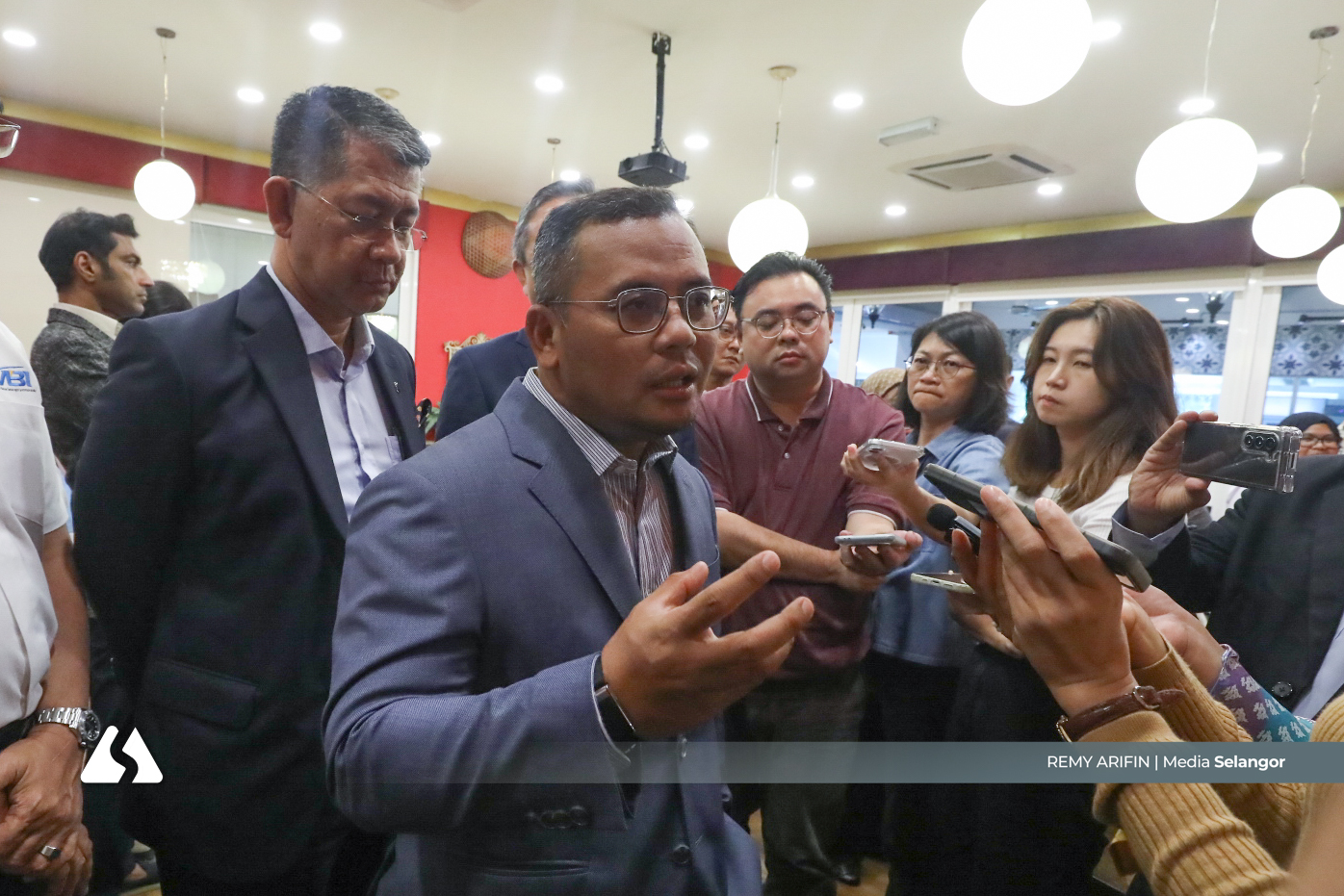KUALA LUMPUR, Nov 4 — The lower transaction value recorded for the Selangor International Business Summit (SIBS) 2025 compared to its targeted RM10 billion came as no surprise, said Menteri Besar Selangor Dato’ Seri Amirudin Shari.
This was primarily due to the summit’s return to a single edition this year, after last year's two-series format, which resulted in a longer exhibition period and higher trade participation.
“It (lower transaction value) was expected, because last year we held SIBS twice… the duration was longer, and the number of exhibitors was double.
“If we followed the same format this year, the transaction could have reached RM16 billion,” he told the press after attending the SIBS appreciation lunch with the media organised by Invest Selangor Bhd today.
Last year, SIBS recorded a total potential transaction value of RM13.86 billion across two series. This year’s edition saw the value of potential deals drop to RM8.17 billion, below its initial target of RM10 billion.
Amirudin added that another contributing factor was the state government’s decision to allocate part of the exhibition space previously dedicated to the food and beverage (F&B) sector to newer industries.
“We carved out a portion of the food sector to give space to the care economy and other sub-sectors.
“Spark (Selangor Investment and Industrial Park Expo) had very strong transactions and good traction, but if we had maintained the larger F&B segment like before, the transaction value would have been much higher.
“However, we want to focus on quality and start exploring areas like the care economy,” he said, adding that the care economy is still a relatively new concept, with Federal-level policies still under development,” he said.
The Selangor International Care Summit (SICS) made its debut at SIBS this year.
Nonetheless, the Menteri Besar noted that the lower transaction value does not reflect a decline in performance, as SIBS’ main goal is to highlight new and high-potential industries for the state’s long-term growth.
“Our objective is to introduce and strengthen various industries. For instance, while we retained key sectors like F&B, we also expanded electrical and electronics (E&E) and other sub-sectors that align with the state’s blueprint,” he said.
Amirudin said industries like highways, ports, airports, water and electricity, as well as services, have yet to be showcased as major economic markets but hold strong potential for future development.


